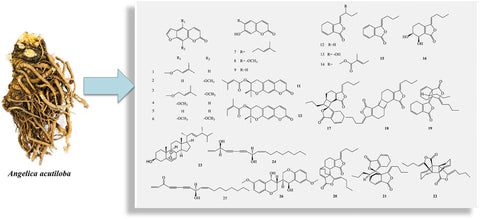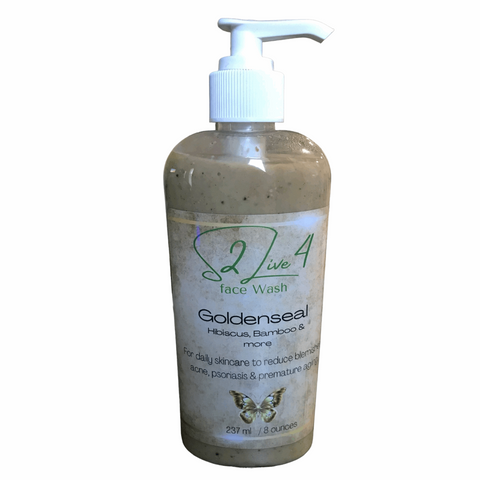
Unveiling the Healing Properties of Angelica Root: Uses, Benefits, and Warnings
Angelica root, also known as Angelica archangelica, is a revered herb with a long history of medicinal use in traditional herbal medicine. This aromatic herb, characterized by its tall stems, umbrella-like clusters of white or greenish flowers, and large, lobed leaves, is prized for its diverse health benefits and therapeutic properties. In this article, we will delve into the various uses, benefits, and warnings associated with angelica root.

Uses of Angelica Root:
1. Digestive Support: Angelica root has been traditionally used to promote digestive health by stimulating appetite, reducing bloating, and easing indigestion.
2. Respiratory Health: This herb is valued for its expectorant properties, making it beneficial for alleviating respiratory conditions such as coughs, bronchitis, and asthma.
3. Menstrual Health: Angelica root is often used to regulate menstrual cycles, relieve menstrual cramps, and alleviate symptoms of menopause.
4. Immune Boosting: The herb is believed to have immune-boosting properties, helping the body fend off infections and strengthen overall immunity.
5. Anti-inflammatory: Angelica root contains compounds that exhibit anti-inflammatory properties, making it useful for reducing inflammation in the body.
Benefits of Angelica Root:
1. Antioxidant: Angelica root is rich in antioxidants, which help combat oxidative stress and protect cells from damage caused by free radicals.
2. Anti-spasmodic: The herb acts as an anti-spasmodic, helping to relax smooth muscles and alleviate muscle cramps and spasms.
3. Circulatory Support: Angelica root is known for its ability to improve circulation, which can benefit heart health and overall cardiovascular function.
4. Skin Care: Topically, angelica root can be used to soothe skin irritations, reduce inflammation, and promote wound healing.
5. Calming Effects: This herb is also valued for its calming and sedative properties, promoting relaxation and reducing anxiety and stress.
Warnings and Precautions:
While angelica root is generally considered safe for most individuals when used appropriately, there are some precautions to be aware of:
1. Allergies: Individuals with known allergies to plants in the Apiaceae family (such as celery, parsley, and carrots) may be sensitive to angelica root.
2. Pregnancy and Nursing: Pregnant and breastfeeding women should consult with a healthcare provider before using angelica root due to its potential effects on hormone levels.
3. Photosensitivity: Angelica root may cause increased sensitivity to sunlight, so it is advisable to use sun protection when using this herb topically.
4. Medication Interactions: Angelica root may interact with certain medications, particularly blood thinners and medications metabolized by the liver, so it is important to consult with a healthcare professional if you are taking any medications.
Angelica root stands as a versatile herb with a myriad of uses and benefits for enhancing health and well-being. From supporting digestive and respiratory health to boosting immunity and promoting relaxation, this herb offers a natural remedy for various ailments. However, it is crucial to exercise caution and seek guidance from a healthcare provider before incorporating angelica root into your wellness routine, especially if you have underlying health conditions or are taking medications. By harnessing the healing power of angelica root responsibly, you can unlock its full potential for a healthier, more vibrant life.
What are the other names for Angelica Root?
Angelica root, scientifically known as Angelica archangelica, goes by various other names in different regions and traditions. Some of the alternative names for Angelica root include:
1. Wild Celery
2. Archangelica
3. Garden Angelica
4. Holy Ghost
5. Masterwort
6. Root of the Holy Ghost
7. Archangel
8. European Angelica
9. Norwegian Angelica
10. Archangelica officinalis
These alternative names reflect the rich history and cultural significance of Angelica root in traditional herbal medicine practices around the world.
Is Angelica Root and Osha Root The Same
No, Osha root is not the same as Angelica root. Osha root, also known as Ligusticum porteri, is a distinct herb that is native to the Rocky Mountains of North America. It is commonly used in traditional Native American medicine for its respiratory and immune-boosting properties. Osha root is known for its strong aromatic scent and is often used to support respiratory health, alleviate coughs, and promote overall wellness.
On the other hand, Angelica root, as previously mentioned, is derived from the Angelica archangelica plant and has a different set of uses and benefits compared to Osha root. While both herbs have their own unique properties and applications in herbal medicine, they are not interchangeable and should be distinguished based on their individual characteristics and effects.











